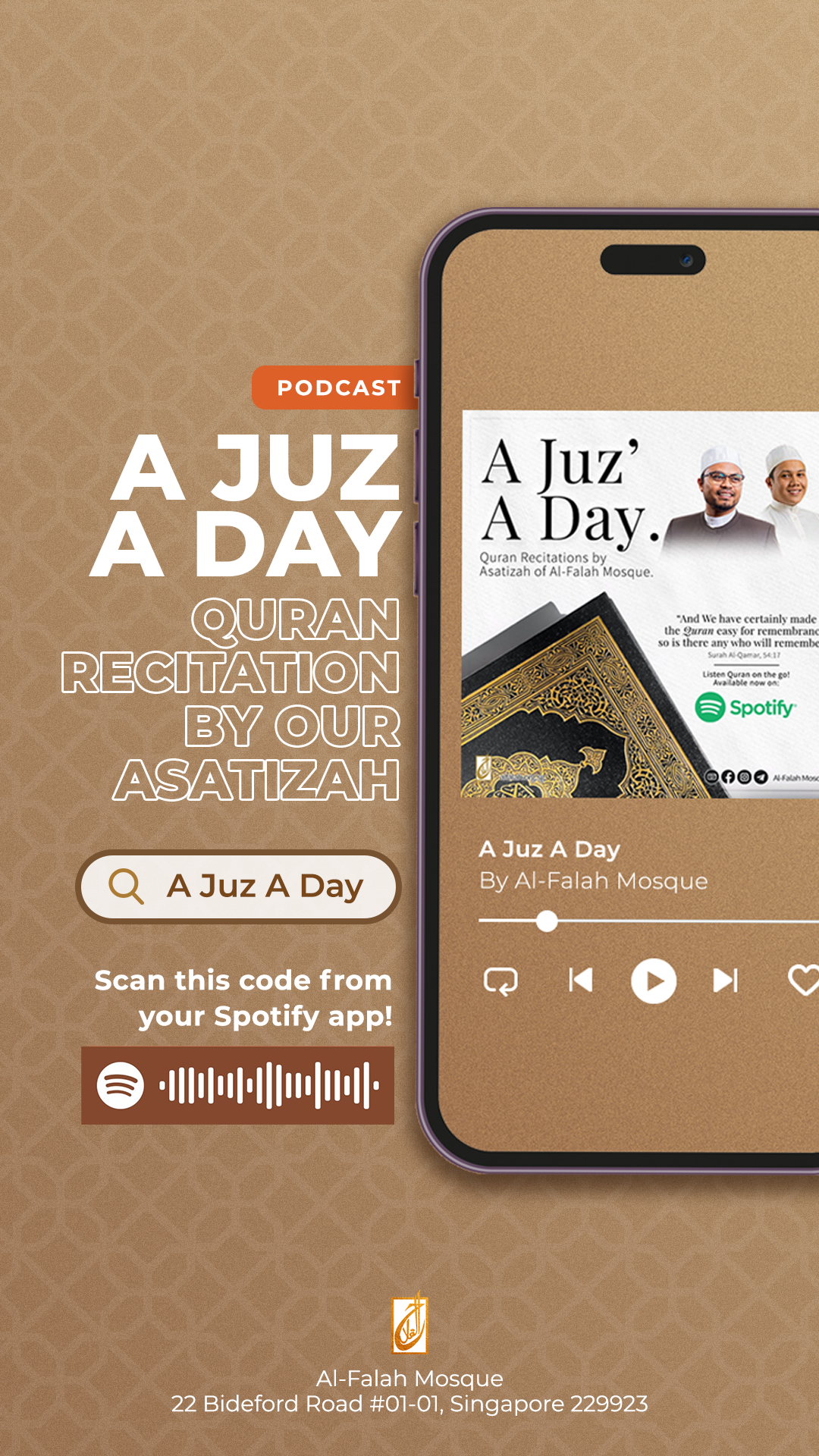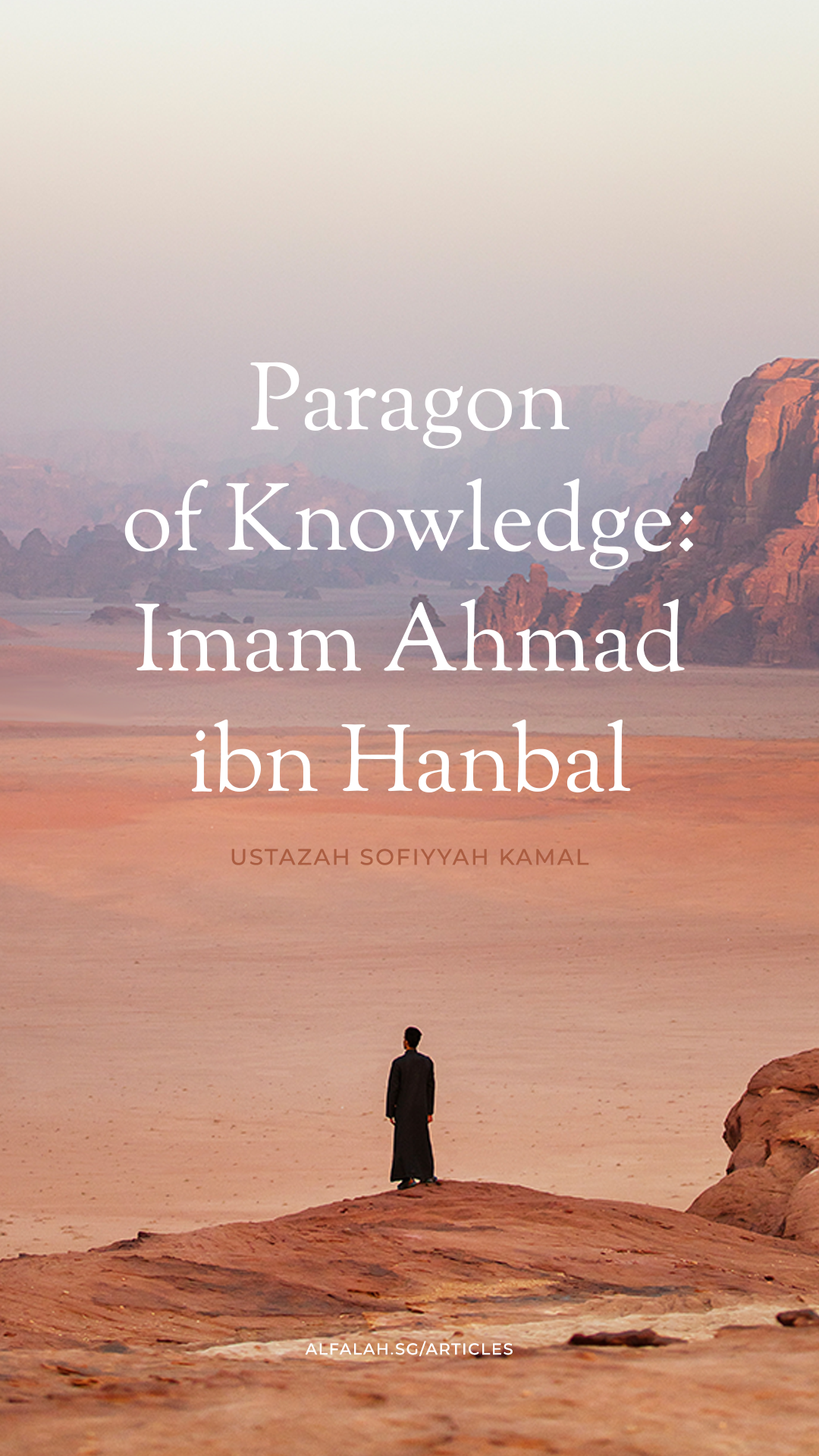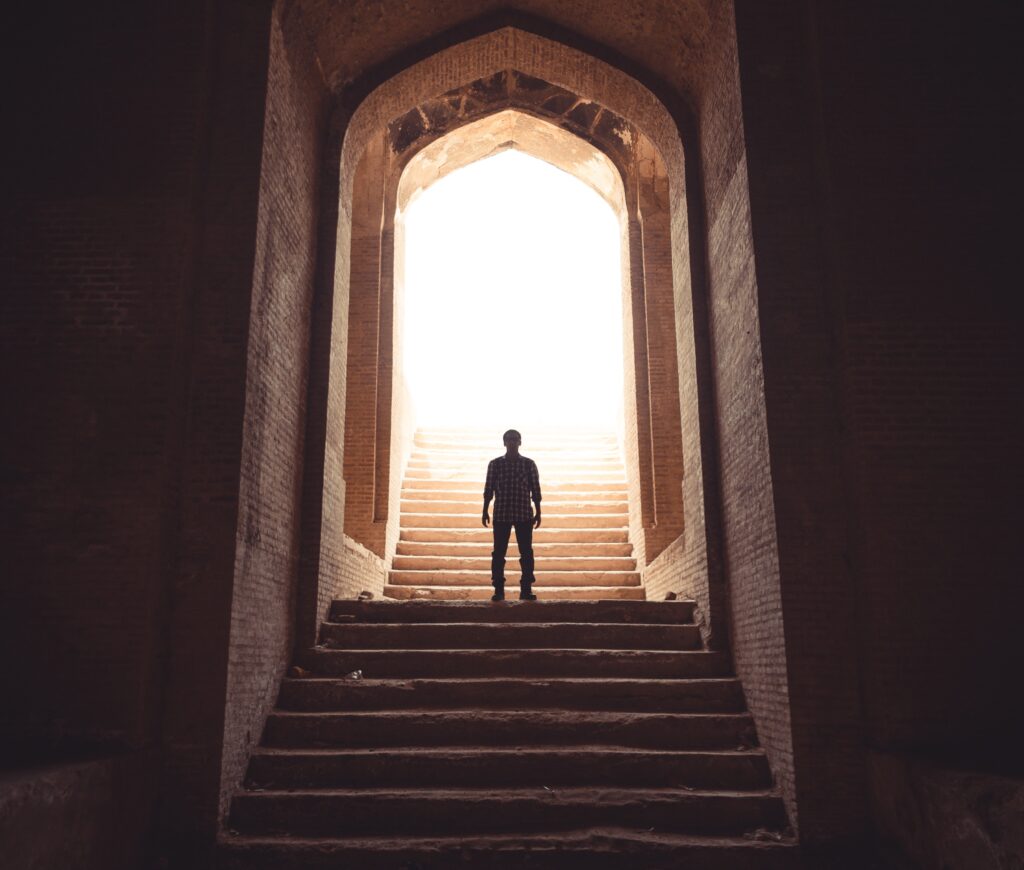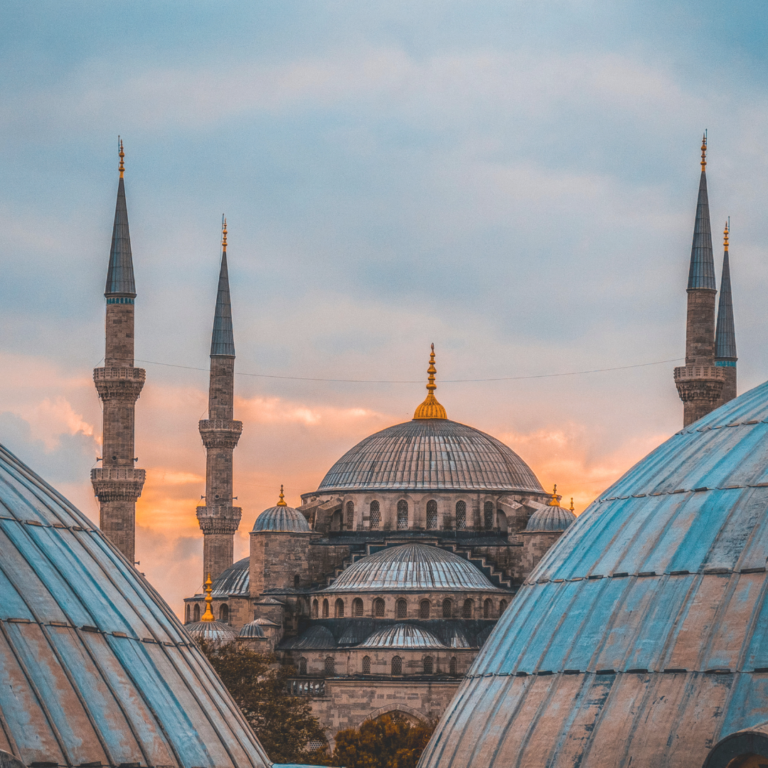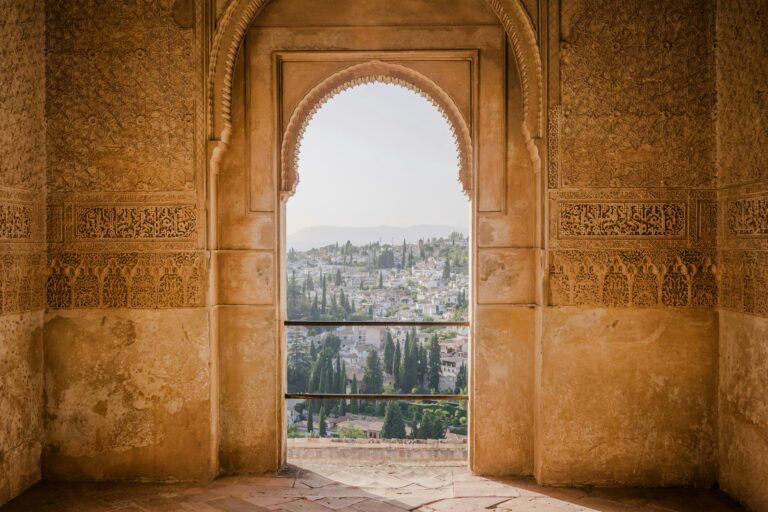Ramadan, Articles
5 Steps To Take To Seek Forgiveness
- BY Ustaz Luqman Hakim Roslan
- ON
- spirituality, faith, life, barakah
– 5 Steps to take to seek forgiveness –
The path to seeking forgiveness and repentance is a sacred journey that allows us to reconcile with Allah SWT and deepen our faith. While Allah has made it simple for us to ask for forgiveness, it is crucial to understand what constitutes successful and sincere repentance. We must not allow our hope to breed complacency but instead, take proactive steps towards meaningful repentance. In this article, we will delve into five essential steps to seek forgiveness and repentance that in hope that it will guide you towards a path of genuine remorse and reparation.
1. Asking for forgiveness? What’s new?
The concept of seeking forgiveness is always seen as a cycle. A person sins, then repent, then unfortunately, sins again and is supposed to repent again. It is so much so that it becomes a pattern for some and a risky complacency for others. Only those who have achieved a commendable level of faith would not repeat this cycle as often. That is why it must be that when one seeks forgiveness, one should ask: “What makes seeking forgiveness this time different?”, “How do I get out of this cycle?” and so much more.
Seeking forgiveness can begin with a simple reflection to why you are asking for forgiveness this time round. It can then develop to be a more serious reflection to how effective seeking forgiveness this time can be. One must not be deterred by the notion of ‘committing mistakes again’ and ‘being undeserving of forgiveness’. Instead, one should reflect on why the pass efforts of seeking forgiveness were not so successful and what were the triggers that prompted sinning again. This is because, to really seek forgiveness would mean to want to start over a new page, a clean one, and it is best done with a strong resolve.
2. Get the vibes going
It is always mentioned that one should not wait and wait to seek for forgiveness- it should be done immediately. As much as this is true, it is equally important to note that one should seek forgiveness in situations that are optimal to increase its effectiveness. This can be seeking forgiveness with Allah in mind, without distractions and during hours of calm and tranquil which could result in a more sincere invocation and better focus. It does not necessarily mean a physical place or specific company for this to happen. The state that one will have to be in ultimately to seek Allah’s pardon is the state of ‘God-consciousness’. This is also what scholars translate to as the concept of ‘Ihsan’.
In the popular hadith where the angel Jibril asked the Prophet PBUH about Ihsan, he PBUH replied: “[Ihsan is] when you worship Allah as though you see Him. If you do not (and you will not) see Him, verily He sees you.”. This is what is meant by God-consciousness.
Therefore, if you decide to take the step towards asking for forgiveness, getting in the state of realising Allah’s existence will significantly increase the sincerity and quality of your repentance. One might argue that such a situation is difficult to come by. This is true. Hence a person that has the resolve to proceed must find opportunities to develop the God-consciousness side in him/her (and we shall elaborate this further later on).
A method that could help kickstart this whole process can be that of: knowing the consequences of sinning and what it does to a person, not just spiritually but in all aspects. It should be a prompt for the person to stop the sin and begin repenting.
3. Form vs Substance
With reflection and resolve, next must come action. With the analogy of putting out fire, the hose has been found and water is now flowing. Now comes the portion of taking action and actually releasing the lever to quell the fire.
It goes without saying that there must be proper technique to execute the extinguishing of fire. The same goes for asking for forgiveness. It was reported that the Prophet PBUH himself would say the ‘Istighfar’ at least 70 times at one seating. He would supplicate in the dead of night to Allah SWT. He PBUH was the epitome that action needs to be taken in order for Allah to reciprocate ones resolve. The Prophet PBUH had also highlighted the rewards of various deeds which if done right will receive the forgiveness of Allah.
For Example:
لاَ يَتَوَضَّأُ رَجُلٌ مُسْلِمٌ فَيُحْسِنُ الْوُضُوءَ فَيُصَلِّي صَلاَةً إِلاَّ غَفَرَ اللَّهُ لَهُ مَا بَيْنَهُ وَبَيْنَ الصَّلاَةِ الَّتِي تَلِيهَا
“If a Muslim performs ablution and does it well and offers prayer, all his (sins) daring the period from one prayer to another would be pardoned by Allah.” [Muslim]
On top of that, he motivates the companions to seek out days that also carry forgiveness as the ultimate rewards.
For example, Ramadan:
وعن أبي هريرة رضي الله عنه عن النبي صلى الله عليه وسلم قال: من صام رمضان إيمانًا واحتسابًا، غفر له ما تقدم من ذنبه ” ((متفق عليه))
Abu Hurairah (May Allah be pleased with him) reported:
The Prophet (ﷺ) said, “He who observes fasting during the month of Ramadan with Faith while seeking its reward from Allah, will have his past sins forgiven.”
[Al-Bukhari and Muslim].
The aforementioned are evidence that action needs to be taken. Seeking forgiveness begins with the heart and continues to be set in motion by the heart via speech and action. Even amongst the many deeds that can guarantee forgiveness, there are those that are more preferred and esteemed. Such is the case for the best of istighfar or ‘Saiyidul Istighfar’:
سَيِّدُ الاِسْتِغْفَارِ أَنْ تَقُولَ اللَّهُمَّ أَنْتَ رَبِّي، لاَ إِلَهَ إِلاَّ أَنْتَ، خَلَقْتَنِي وَأَنَا عَبْدُكَ، وَأَنَا عَلَى عَهْدِكَ وَوَعْدِكَ مَا اسْتَطَعْتُ، أَعُوذُ بِكَ مِنْ شَرِّ مَا صَنَعْتُ، أَبُوءُ لَكَ بِنِعْمَتِكَ عَلَىَّ وَأَبُوءُ لَكَ بِذَنْبِي، فَاغْفِرْ لِي، فَإِنَّهُ لاَ يَغْفِرُ الذُّنُوبَ إِلاَّ أَنْتَ ”. قَالَ ” وَمَنْ قَالَهَا مِنَ النَّهَارِ مُوقِنًا بِهَا، فَمَاتَ مِنْ يَوْمِهِ قَبْلَ أَنْ يُمْسِيَ، فَهُوَ مِنْ أَهْلِ الْجَنَّةِ، وَمَنْ قَالَهَا مِنَ اللَّيْلِ وَهْوَ مُوقِنٌ بِهَا، فَمَاتَ قَبْلَ أَنْ يُصْبِحَ، فَهْوَ مِنْ أَهْلِ الْجَنَّةِ
The Prophet (ﷺ) said “The most superior way of asking for forgiveness from Allah is: ‘Allahumma anta Rabbi la ilaha illa anta, Khalaqtani wa ana `Abduka, wa ana `ala `ahdika wa wa`dika mastata`tu, A`udhu bika min Sharri ma sana`tu, abu’u Laka bini`matika `alaiya, wa abu’u laka bidhanbi faghfir lee fa innahu la yaghfiru adhdhunuba illa anta.” The Prophet (ﷺ) added. “If somebody recites it during the day with firm faith in it, and dies on the same day before the evening, he will be from the people of Paradise; and if somebody recites it at night with firm faith in it, and dies before the morning, he will be from the people of Paradise.”
These acts of seeking forgiveness mean nothing without the soul that needs to be put in. Every istighfar and every bowing and prostration requires the sincerity from the believer. It requires the trust and reliance to be put forth. Hence when it comes to the question of whether the technical form is more important in worship or whether it is the sincere heart that plays the part, it is an amalgamation of both. There can be no worship without the internalisation of the soul and there can be no worship without following the technical steps that the Prophet PBUH has shown. And both, form or substance, do not even matter if the person does not begin take up the hose to put out the fire.
4. No time like the present
It is always mentioned that one should not wait and wait to seek for forgiveness. You might remember reading this in the previous paragraphs and there are definitely angles to this statement. To be in a state of God-consciousness means an increase in effectiveness but one cannot wait forever to achieve this state. There needs to be a sense of urgency when seeking forgiveness from Allah. Therefore a person who seeks forgiveness can look into elevating his/her God-consciousness and doing so soonest that he/she can. One can find plenty of examples where the Prophet PBUH would encourage the companions to strive for good acts. Amongst them, he PBUH said:
“فَزُورُوا الْقُبُورَ فَإِنَّهَا تُذَكِّرُ الْمَوْتَ”
“so visit the graves, for that makes you mindful of death.” [Muslim]
The Prophet PBUH also said:
“إِنَّ الْمُسْلِمَ إِذَا عَادَ أَخَاهُ الْمُسْلِمَ لَمْ يَزَلْ فِي خُرْفَةِ الْجَنَّةِ حَتَّى يَرْجِعَ”
Verily, when a Muslim visits his brother in Islam he is supposed to remain in the fruit garden of Paradise until he returns. [Muslim]
While the first hadith is a clear on why one should visit graves, the second hadith takes up the form of an encouragement to visit the sick. However, both hadiths target the believer to remember that the worldly blessing of Allah is temporary and that it is to Allah that one shall return to. One does not live forever and one can fall sick at any time hence these good acts of visiting should invoke God-consciousness and with it, the urgency to seek forgiveness.
Allah SWT also has mentioned that a person should repent as quickly as possible via Surah An-Nisa’ verse 17:
إِنَّمَا ٱلتَّوْبَةُ عَلَى ٱللَّهِ لِلَّذِينَ يَعْمَلُونَ ٱلسُّوٓءَ بِجَهَـٰلَةٍۢ ثُمَّ يَتُوبُونَ مِن قَرِيبٍۢ فَأُو۟لَـٰٓئِكَ يَتُوبُ ٱللَّهُ عَلَيْهِمْ ۗ وَكَانَ ٱللَّهُ عَلِيمًا حَكِيمًۭا
“Allah only accepts the repentance of those who commit evil ignorantly ˹or recklessly˺ then repent soon after—Allah will pardon them. And Allah is All-Knowing, All-Wise.”
Here, the scholars of Quran exegesis call for urgency for a person to repent to Allah SWT. It is not due to the fact that the verse mentions so. It is due to the underlying meaning of the verse that a person’s life in this world is short and to not repent immediately can result in not repenting at all. An analogy would be that everyone in this world receives a jack-in-the-box. Everyone is turning the crank and waiting for the jack to pop. Some might turn it slow, some fast, and some just happen to get the jack immediately. That jack is the death that all of us will face and death comes without warning.
Therefore when it boils down to asking for forgiveness, time is of essence.
5. Repentance: A Process
Finally, after all have been said and done, one can take a step back. Usually taking a step back would mean relax but not when asking for forgiveness. Taking a step back would mean to step away from what you have been sinning. The root of your forgiveness is the sin so why sow the seeds of that evil again?
Ironically, the hardest part of seeking forgiveness takes place after all the supplication and the very act of asking from Allah. This is because for a person to seek forgiveness, it entails for him/her to never commit the sin again which only can happen after asking and repenting and with the test of time. This would be the true repentance that Allah mentions in Surah Tahrim, verse 8:
يَـٰٓأَيُّهَا ٱلَّذِينَ ءَامَنُوا۟ تُوبُوٓا۟ إِلَى ٱللَّهِ تَوْبَةًۭ نَّصُوحًا
“O believers! Turn to Allah in sincere repentance”
This is the real meaning of asking for forgiveness. When you look at it logically, is there a point even to ask for forgiveness but then you come back to the sin soon after? What value did your sessions- crying and beseeching Allah to accept you back- with Him have?
It is definitely not an easy thing to do. Man has always been inclined to commit sin and Syaitan is always around, whispering for Man to err. Hence there needs to be plenty of resolve going into asking for forgiveness (which goes back to the first step). This endeavour is a process and one might suddenly find oneself sinning again. It is not the end. Begin the process again and this time round, have the finishing touches done. You would be wiser and more ready with each round of forgiveness.
Take a step back from sinning but never step away from asking for forgiveness.
Ending and Disclaimer:
This is a recollection of what must be done for one to achieve repentance. The article has been based on the requisites of repentance and does not follow those requisites in order. It follows what I feel is most relatable to the common man like myself.
You may have other means and methods by scholars and people of piety and that is perfectly fine and probably for the best. So long as we return to Allah in the best condition that we can be forgiven by Him.
Disclaimer
Support Our Dakwah

